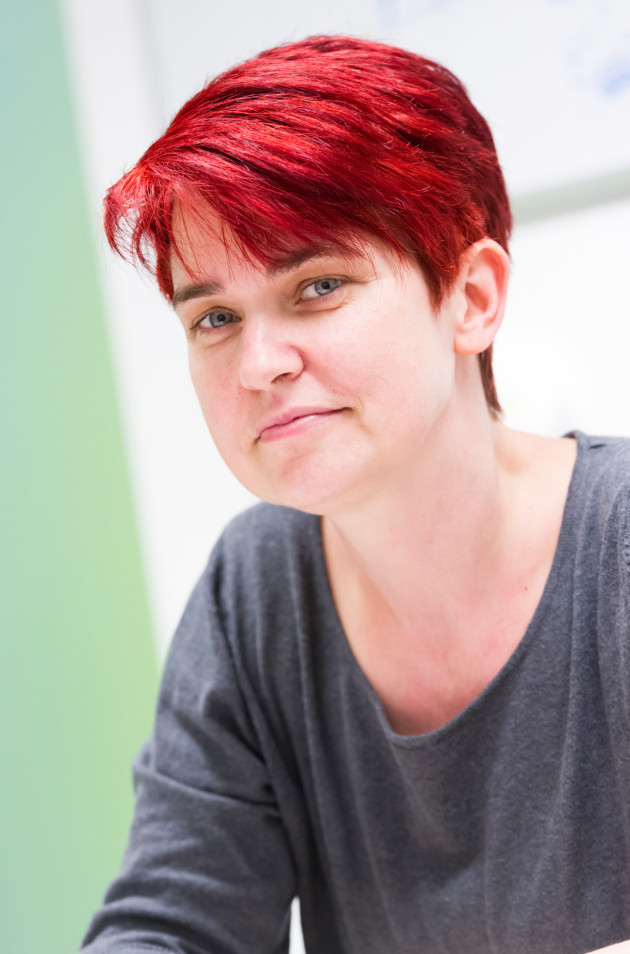 Professor Mary Ryan is Imperial’s Vice-Dean of Research (Engineering) and a Fellow of the Royal Academy of Engineering. She joined Imperial in 1998, where she leads a large group researching nanoscale materials. Professor Ryan leads Transition to Zero Pollution (TZP), a new transdisciplinary research initiative that aims to eliminate pollution in all its forms, working in partnership with industry and government to realise a vision of a sustainable, zero-pollution future.
Professor Mary Ryan is Imperial’s Vice-Dean of Research (Engineering) and a Fellow of the Royal Academy of Engineering. She joined Imperial in 1998, where she leads a large group researching nanoscale materials. Professor Ryan leads Transition to Zero Pollution (TZP), a new transdisciplinary research initiative that aims to eliminate pollution in all its forms, working in partnership with industry and government to realise a vision of a sustainable, zero-pollution future.
[Interview by Hana Amer]
Tell us about a challenge you are currently tackling.
Getting people to understand each other’s language. In my discipline, experts in chemistry, physics and fabrication are crucial to building the ‘materials’ system, but we need the right environment to enable people to talk and reach a common goal.
What problems might readers be unaware are affecting our environment?
Billions of images are saved on smartphones, or in ‘the cloud’, but data storage is made up of transistors, capacitors and exotic materials, and the infrastructure needs energy to produce and maintain. Resources like this have an environmental cost and managing our growing digital footprint is a significant challenge.
What was your vision when starting Transition to Zero Pollution (TZP)?
Everything we’re doing is for people, humanity and life. The idea sprung out of discussions about exciting challenges and a common purpose. This became a research strategy with a College-wide community and energy behind it, which was a pleasant inadvertent shift. I’m lucky it’s my job to champion TZP, but the staff and the students own it.
Who can tackle climate change?
I have no doubt that climate change is a reversible problem. Unquestionably we need strong political leadership to mobilise support and funding. Then scientists bring ideas, educators teach skills and engineers deliver the changes on the ground. Everyone must be properly engaged with the risks and impacts to make informed choices in our personal and work lives.
What will the world look like after we have solved climate change?
I hope we will have done it in a holistic way that enhances wellbeing, maintains prosperity and achieves equity. Former Irish President Mary Robinson calls it “the Great Re-design”. We must follow through with a full vision for the revolution.
What drives you to succeed as a woman in a male-dominated field?
I try to just be authentic; there’s much to do in enabling women to be themselves at work and not be constrained by ideals about how to talk, dress, connect and behave. Some advice to my younger self would be to be a bit braver, there is no right time to make choices, so don’t wait around.
Contact us
General enquiries: grantham@imperial.ac.uk
Media: grantham.media@imperial.ac.uk
Phone us on: +44 (0)20 7594 9666
Privacy Notice
View the Grantham Institute Privacy Notice.